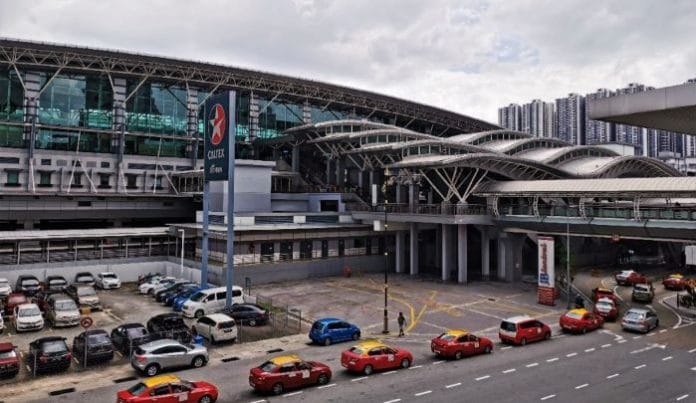Calls for Malaysia to also implement QR code clearance at its land checkpoints with Singapore have grown louder in the wake of positive user feedback to Singapore’s rollout reported CNA.
Both countries signed a memorandum of understanding (MOU) on Jan 11 to develop a framework for a legally binding agreement on the Johor-Singapore Special Economic Zone (SEZ). A key part of the MOU was exploring passport-free clearance on both sides of the border, and Singapore unilaterally introduced its system last month.
Malaysia’s federal government has not made any announcement on passport-free clearance at land checkpoints since, but Johor’s state government and businesses are keen to move things forward.
Johor works, transport, infrastructure and communication committee chairman Mohamad Fazli said that he would be meeting the relevant agencies in Singapore after Hari Raya to look at the QR code initiative, news outlet The Star reported on Tuesday (April 9).
“We want to see whether the implementation has been successful or not,” Mr Fazli reportedly said.
“I will compile all the related information and have a discussion with our Immigration director-general after that,” he added.
But Ms Christina Karl, global immigration leader at Deloitte Singapore, noted that Malaysia may be at a different stage from Singapore in the process.
“When considering the implementation of initiatives such as QR code clearance at land and/or air checkpoints, it is crucial to acknowledge and respect the sovereignty of each nation and understand that they may have different priorities, resources and levels of technological readiness,” she said.
“Adopting new technologies can vary significantly based on infrastructure, investment priorities, regulatory frameworks and political considerations, and the number of neighbouring countries which these changes may impact,” said Ms Karl.
That said, she agreed QR code clearance has increased convenience for travellers at Singapore’s land checkpoints. “Removing the human element from the process also allows for increased accuracy and an additional security layer which comes hand in hand with this technology,” she said.
CNA









